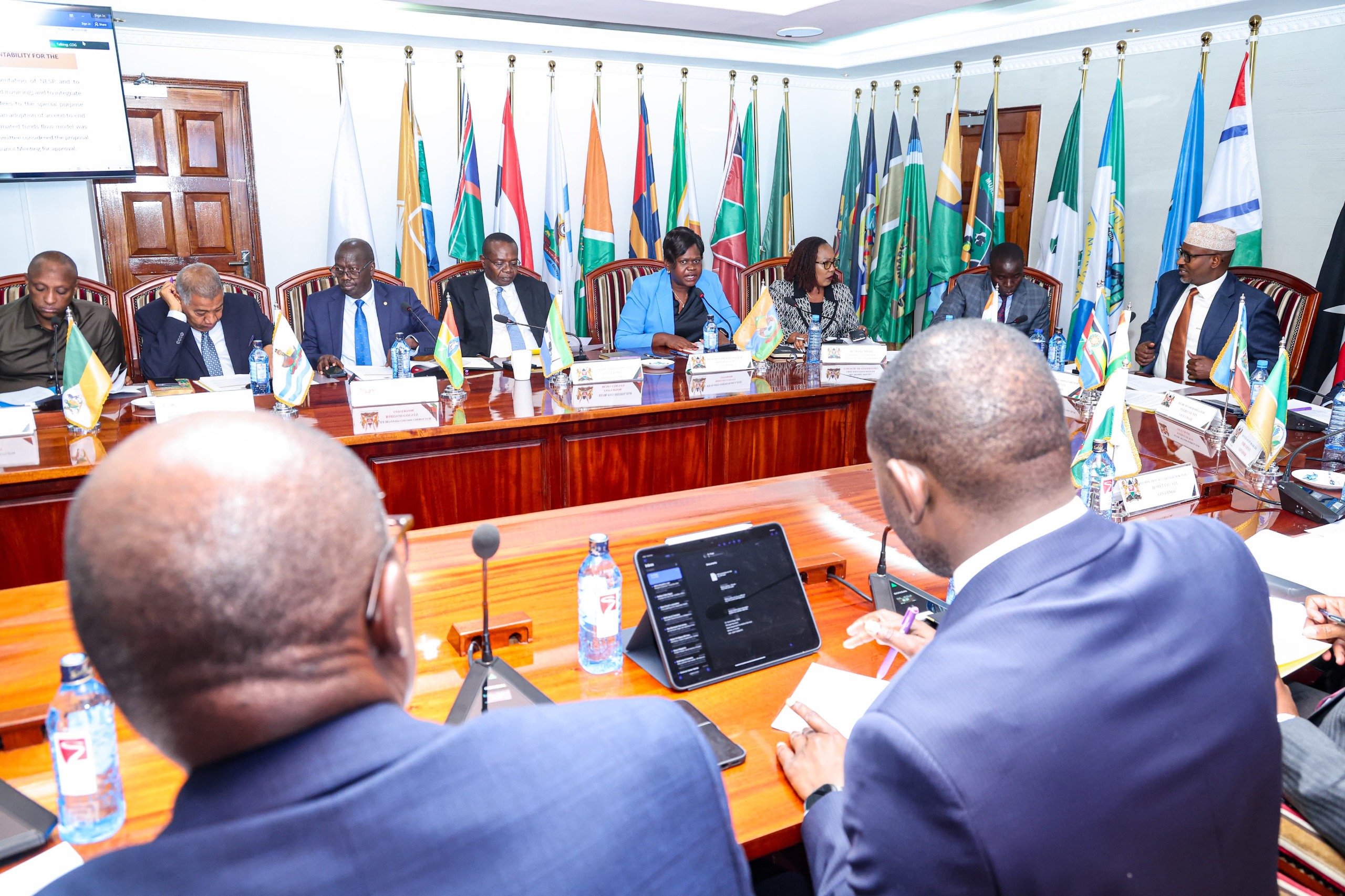

Governors are under renewed scrutiny following revelations that counties are set to receive a record Sh568.11 billion in cumulative revenue in the current financial year.
An analysis by the Star shows that the unprecedented allocation will be sourced from five key revenue streams.
These include Sh415 billion from the equitable share, Sh16.8 billion from the Equalisation Fund and Sh69.8 billion in additional allocations comprising proceeds from loans and grants.
Devolved units are also projected to raise at least Sh50 billion through own-source revenue.
Additionally, the National Treasury is expected to disburse Sh6.9 billion, which is the balance of the Sh10.52 billion that counties have been contesting in court with the National Assembly.
This cumulative allocation marks the highest in Kenya’s history of devolution.
The massive inflow now puts pressure on governors to demonstrate prudent use of the funds to deliver essential services and improve the livelihoods of their constituents.
However, persistent concerns over corruption, wasteful spending, opulence and the implementation of non-priority projects continue to cast a shadow over county governments.
Last month, Parliament approved an allocation of Sh415 billion from nationally raised revenue, after a prolonged standoff between the National Assembly and the Senate.
While senators had pushed for Sh465 billion in equitable share, MPs allocated Sh405 billion, sparking negotiations that resulted in a compromise figure of Sh415 billion.
In the additional allocations, counties are set to receive Sh56.9 billion as conditional grants from loans and development partner funding in the 2025-26 financial year.
Breakdown of the grants includes: Sh13 billion loan for the Second Kenya Devolution Support Programme — Service Delivery and Investment Grant.
Others are Sh10.3 billion from the International Development Association (IDA) (World Bank) for the Second Kenya Urban Support Project — Urban Development Grant.
Also allocated is Sh6.18 billion for the County Climate Resilience Investment Grant and Sh7.7 billion from the World Bank for the National Agricultural Value Chain Development Project.
Others are Sh4.6 billion for the Kenya Water, Sanitation and Hygiene programme, funded by the German Development Bank (KfW), Sh3.2 billion for the Food Systems Resilience Project and Sh3 billion for the Water and Sanitation Development Project.
The counties will also get Sh1.3 billion for the Kenya Urban Support Project — Urban Institutional Grant, and Sh1.27 billion for the Drought Resilience Programme in Northern Kenya, also funded by KfW.
Additionally, counties will receive Sh2.94 billion from the proceeds of court fines and mineral royalties.
The national government will also provide Sh9.94 billion in grants for various projects and programmes, including payment of community health promoters, construction of county headquarters for selected counties, and establishment of county aggregation and industrial parks.
Furthermore, 34 counties are set to receive Sh16.8 billion from the Equalisation Fund to support the delivery of basic services, such as water, roads, health facilities and electricity in marginalised areas.
The allocation is provided for in the Equalisation Fund Bill, 2025, which outlines disbursements for the 2025-26 financial year.
“The Bill proposes a legal framework for the issuance of monies out of the Equalisation Fund to counties in which marginalised areas fall for the provision of crucial basic services,” the Bill reads in part.












